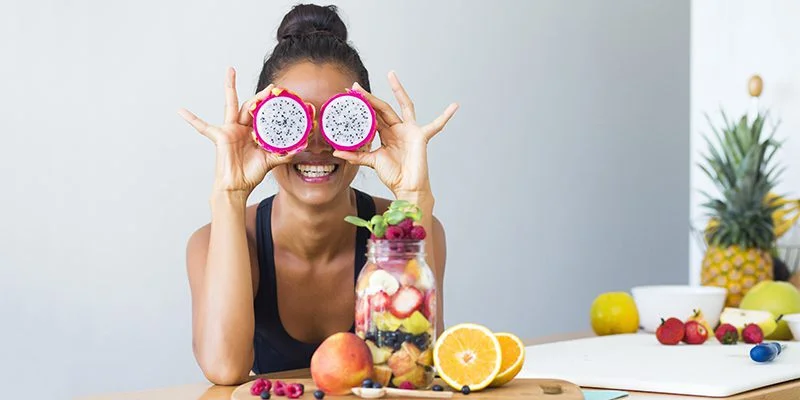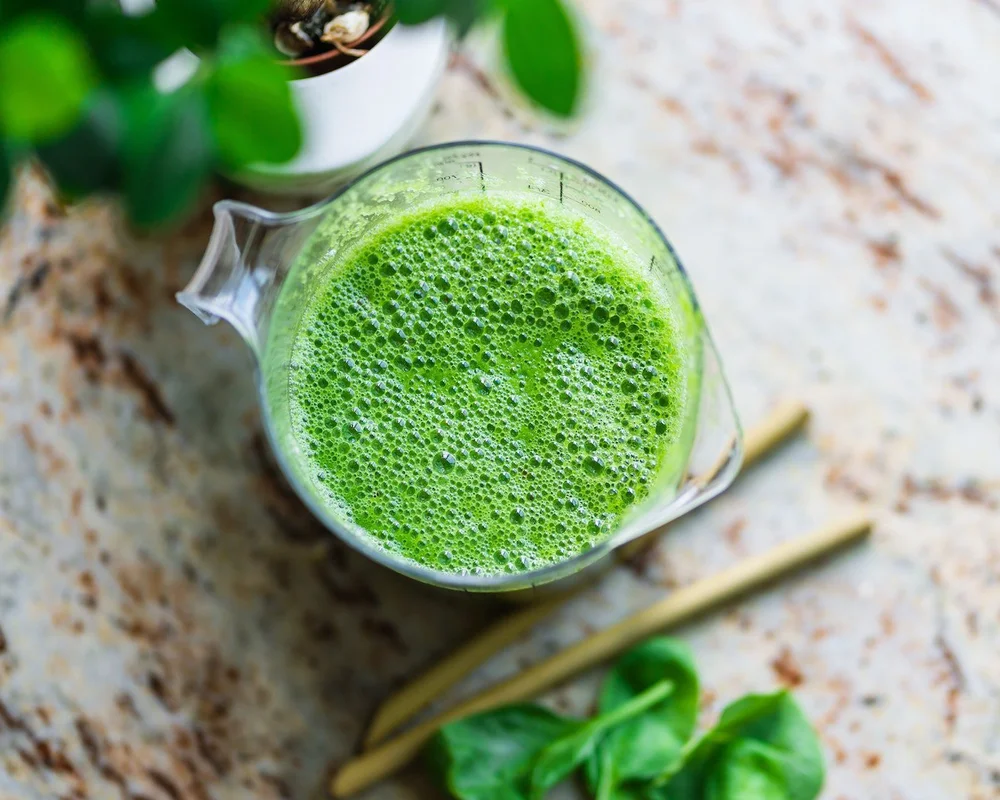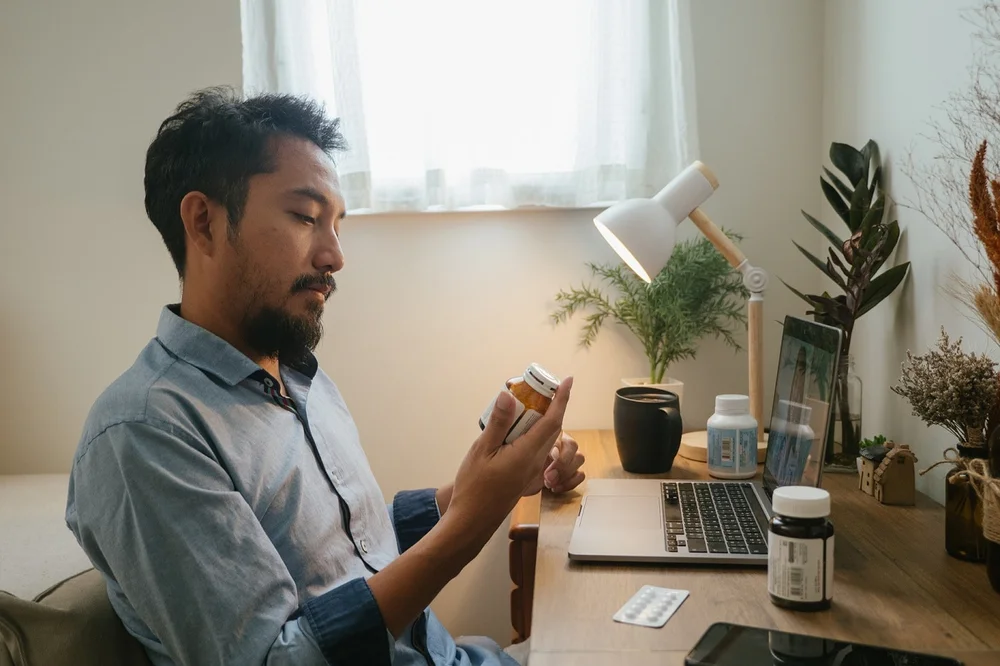3 Things All Vegans Should Know
So you’ve decided to go vegan, or maybe you’re still considering it, and you want to know if you can really be healthy and feel good without eating meat or other animal products. Truthfully, we have no interest in the food fight. The fact is there is research on both sides of that war. Our only goal is to help you be vibrant and have a healthy brain and body no matter what you decide is right for you. Here are 3 things to know if you decide to cut meat from your diet.
- You must know that the word “vegan” is not synonymous with “healthy”! Many vegans think that giving up meat will somehow give them super powers against illness. Unfortunately it’s not that simple. There are some key “essential” nutrients missing from a vegan diet. Essential means that your body doesn’t make them, they must be obtained through consumption, either your diet or supplements. This doesn’t mean there is no way to obtain them without eating meat, but it does mean that you need to be educated and conscious about what you consume.
- Know which nutrients are missing and most importantly, how you can obtain them while remaining true to your decision to be vegan. Here are some of the nutrients most commonly missing from a vegan diet and how to get them:
- Omega-3 fatty acids– for brain, heart, joints and anti-inflammation, improve cholesterol – Take algae-based Omega 3 DHAs, not flax oil
- Vitamin B-12- for nerve cells and mood – Take a good multi-vitamin containing Vitamin B-12
- Iron- for healthy blood and energy (prevent anemia) – Take a Vitamin D supplement
- Vitamin D– for immunity and to help the body absorb calcium – Take a Vitamin D supplement
- Protein and branch chain amino acids- for muscle health and energy – Try OMNI Protein Powder
- Vitamin A- for the intestinal tract, the eyes and vision, lungs, healthy fetal development and a powerful immune system – Consume 6 times more beta carotene on a vegan diet (focus on bright red, orange and dark green foods) or take a good multi-vitamin containing Vitamin A (make sure it omits beta carotene because some people have trouble converting to Vitamin A)
- 9 of the 20 essential amino acids- the building blocks of life, our cells – They can be obtained through a very careful and purposeful vegan. However, Vegans are commonly susceptible deficiencies of: lysine, threonine, tryptophan, and methionine – Try OMNI Protein Powder
- Know which foods to choose:
- Consume plant-based protein at least 2x/ day: protein powder, organic tofu or tempeh (2-4) ounces is sufficient.
- Spinach is the best source of nearly complete vegetable protein
- Most legumes and grains actually contain compounds that are digestive inhibitors to protein, so I recommend limiting these.
- Quinoa is a complete protein, so it’s a great source.
- Lentils and beans have many of the amino acids though they’re incomplete
- Branch chain amino acids in powder form- can be added to water during workout. They are also in our OMNI Protein Powders.
Just as important as it is to know what foods to include in your vegan diet, it is important to know what foods to leave out. There are many vegan foods that will actually steal your health. French fries, potato chips, white potatoes, rice, bread, candy bars and donuts are generally “vegan”. However, these foods will quickly increase inflammation and blood sugar, as well as your risk for anxiety, depression and brain fog. The healthiest vegans I know follow a more “raw” diet of unprocessed, lightly cooked whole food. They also understand what is missing from their diet, and how to obtain it through supplements where necessary. Whether vegan or not, the most important thing we can all do is educate ourselves and pay attention to what we put in our bodies.
- Veterans Day: One Warrior Shares Some of the Best Ways to Heal from Trauma - November 2, 2023
- Could Your Mood Issues Be Linked to a Pain In the Neck? - October 13, 2023
- What’s At the Root of Your Sciatic Nerve Pain? - September 20, 2023




There are two subgroups of vegans that are at a particular risk of B12 deficiency: long-term vegans who avoid common fortified foods (raw food vegans) and breastfed infants of vegan mothers with a low B12 intake.
https://cruelty-free-lifestyle.org/%ef%bb%bfvitamin-b12-for-vegans/